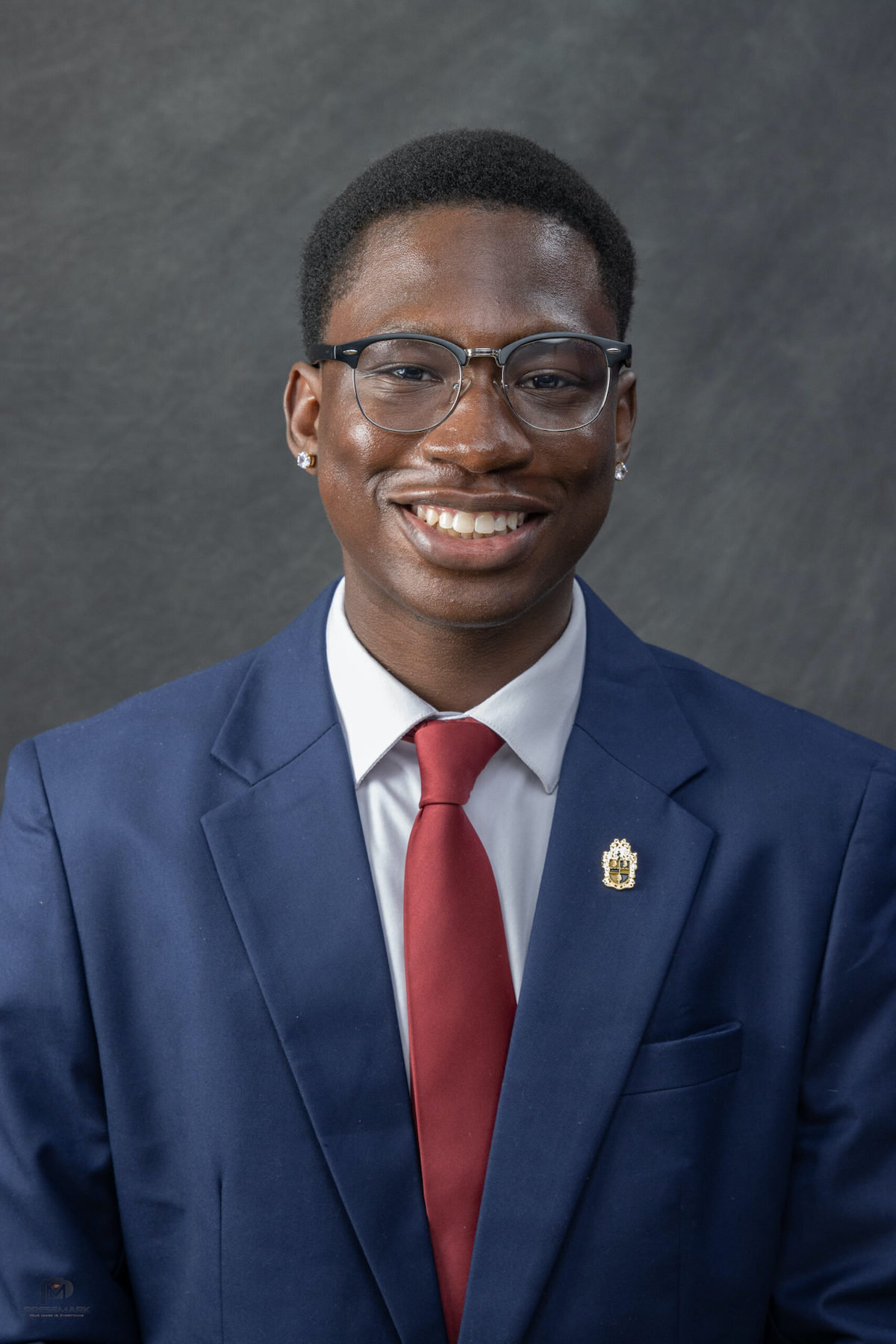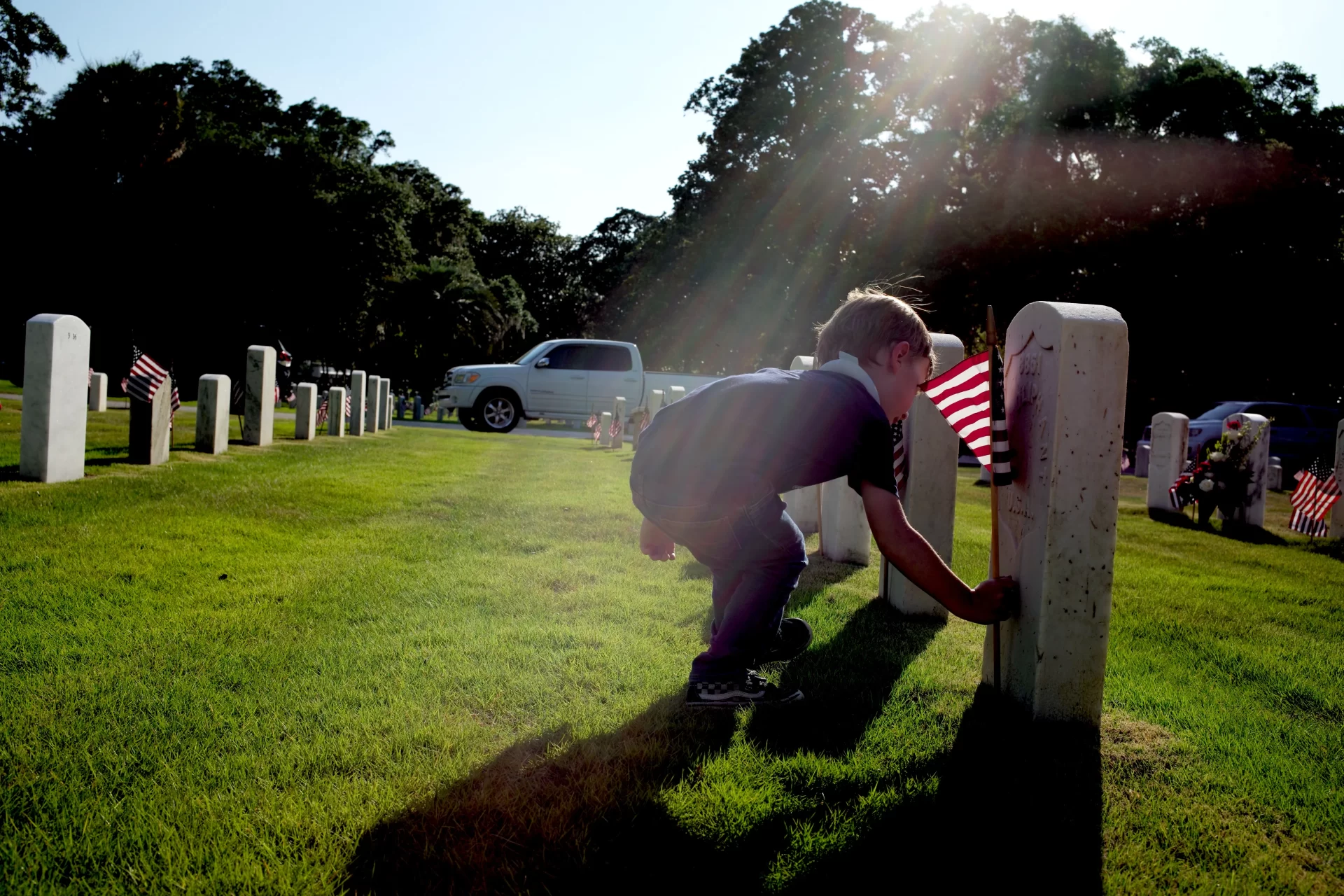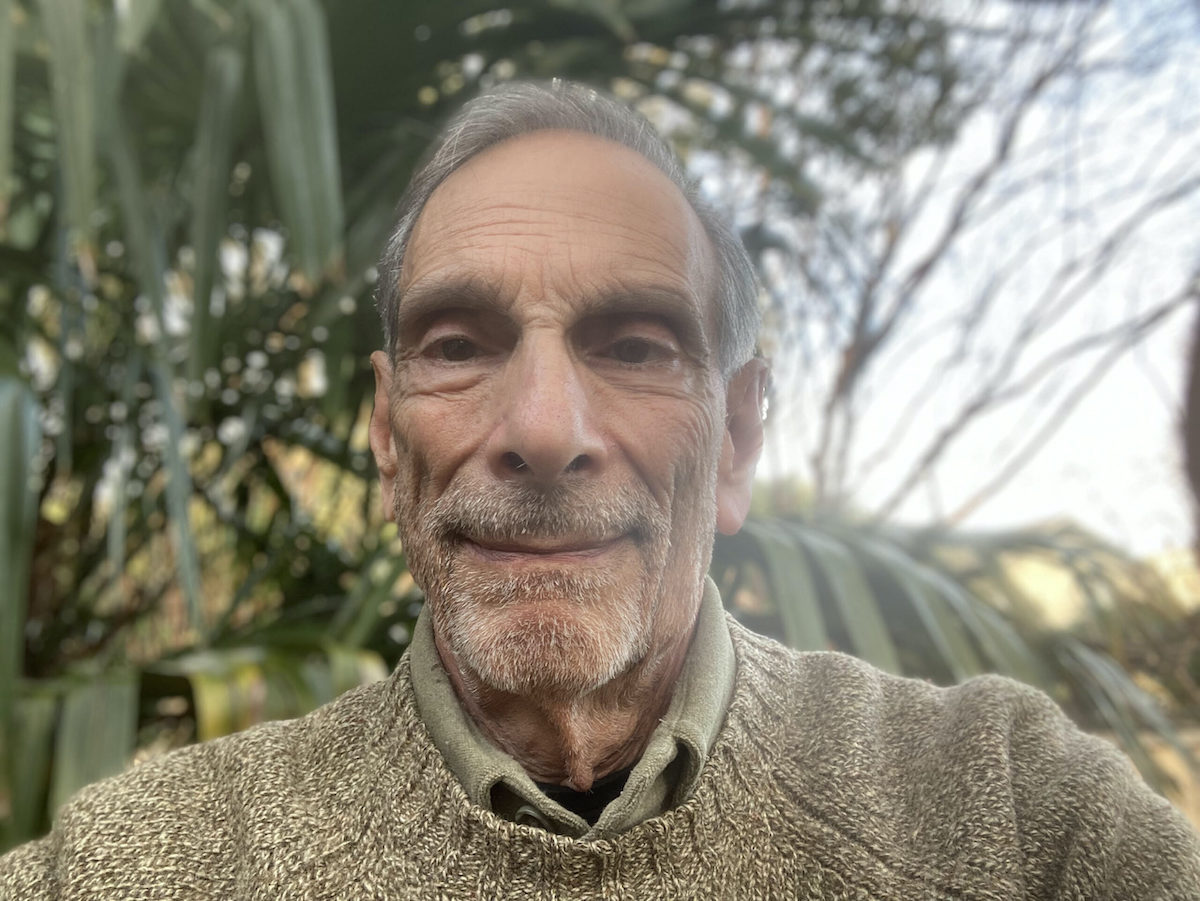By Scott Graber
It is Tuesday, and I’m with my friend David Porter and his wife Hartley at Nonna’s Trattoria in St. Augustine, Fla. We’re sharing a Sangiovese and talking Emmanuel Macron, Patrice Lumumba and Jimmy Carter.
In 1992, David and I were part of a delegation that flew into Congo-Brazzaville to meet with then President Pascal Lissouba. At that moment the “Little Congo” — as distinguished from the “Big (formerly Belgian) Congo” — wanted to put some distance between itself and their former European master, France.
France has been in Africa since 1891 when Pierre de Brazza planted the French Tricolors at Malabo Pool. In 1960, Congo-Brazzaville and most of the other French colonies got independence; but almost every country agreed to stay connected to France in an arrangement that insured that France would have first dibs on their oil, iron, bauxite and uranium. Renault, Elf-Aquitaine and Sofitel got the automobile, oil and hospitality concessions; the currency — Central African Franc — was tied to Paris.
The trade-off for these natural resources were French soldiers, usually based just outside the capital, who reinforced the local army. Importantly the French troopers also helped with internal security in Mali, Chad, Niger, Senegal, Gabon, Ivory Coast, Central African Republic and Congo-Brazzaville. But these newly independent nations came to this deal with other problems.
Much of Western Africa was without meaningful rainfall — the Sahara continues its march southward into Senegal and Ivory Coast. Most of these countries were populated by tribes who didn’t like each other. There were persisting diseases like malaria and tuberculosis; and West Africa began the unfortunate practice of unhappy sergeants shooting their way into the Presidential Palace. Sergeants who remained in office until they themselves were dragged, feet first, from the Presidential bedroom.
This bloody succession practice was wide-spread because these former colonies had no notion of “separation of powers” — power remained concentrated in the President. And as long as the President paid his own troops — much like the latter day Caesars paying their Praetorian Guard — he remained secure.
This was the unstable empire that President Emmanuel Macron inherited in 2017 when he was elected President of France. However, the young Macron believed he could salvage what was left of Francophone Africa. The Wall Street Journal writes, “Macron, France’s first head of state born after the end of the colonial era, had started his presidency in 2017 with a pledge to reset his relationship with former African colonies. He riled up conservatives by declaring colonization a ‘crime against humanity.’”
Macon’s immediate nightmare were the jihadist terrorists who were killing and raping their way through Mali, Chad, Ivory Coast and more recently, Niger.
French troops had been thrown into this fray before 2017, but Macron added more teenagers to the mix bringing the total troop strength to 5,000. The United States also sent 1,000 American soldiers to Niger. Notwithstanding these efforts, the French became the whipping boy for this ongoing desert disaster and every other problem that be-devils Africa.
“Across much of francophone Africa, deriding the French has become the most powerful rallying cry with putschist regimes, opposition leaders and civil society activists blaming their former colonial power for years of underdevelopment and governmental mismanagement.”
I’ve been back to Africa four times since that first visit in 1992 and know that France was complicit — especially in Congo-Brazzaville — in keeping a friendly President in the palace as long as he kept the African crude flowing to Paris. And there is persisting criticism throughout the region that France didn’t do enough about disease, desertification and making sure the oil, bauxite and uranium money eventually trickled down to ordinary people.
But the unspoken, inconvenient question is whether Congo-Brazzaville, must accept some of the blame for the colonial co-dependency that has lasted for more than 60 years. Should the long-suffering folks in West Africa have done something, something themselves, about the thugs and kleptocrats who shot their way into office?
Now the restless bear, Russia, is spreading conspiracy theories on Africa’s social media; there are rumors that the Chinese intend to build a naval base on Africa’s Atlantic coast; and Niger’s camo-clad generals are talking with Iran about diverting their uranium to Tehran.
This is the same kind of scenario that worried Washington when I was 16. The same kind of intrigue that surrounded the death of Patrice Lumumba in 1961. And Jimmy Carter, the only American President who consistently cared about Africa, is aged and ill.
Scott Graber is a lawyer, novelist, veteran columnist and longtime resident of Port Royal. He can be reached at cscottgraber@gmail.com.










